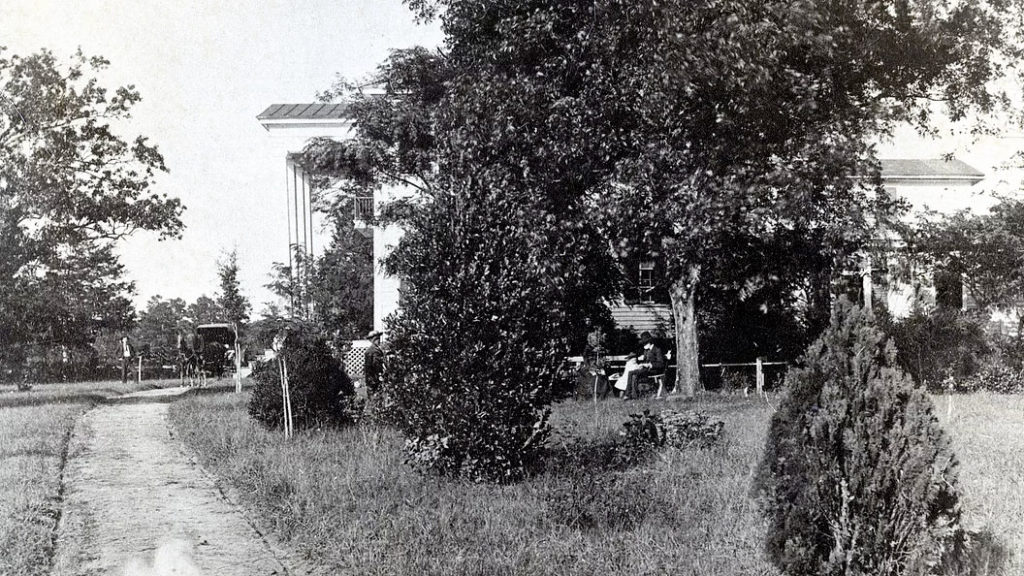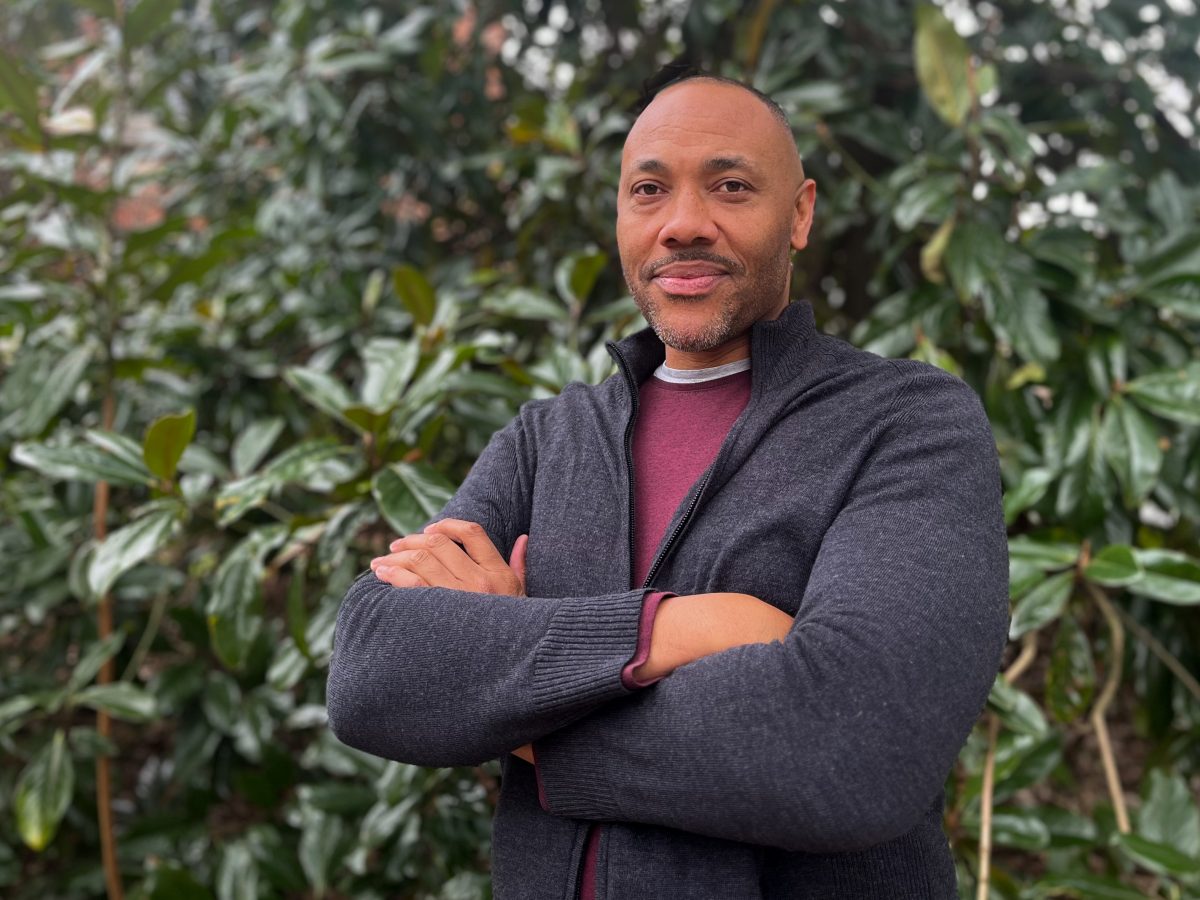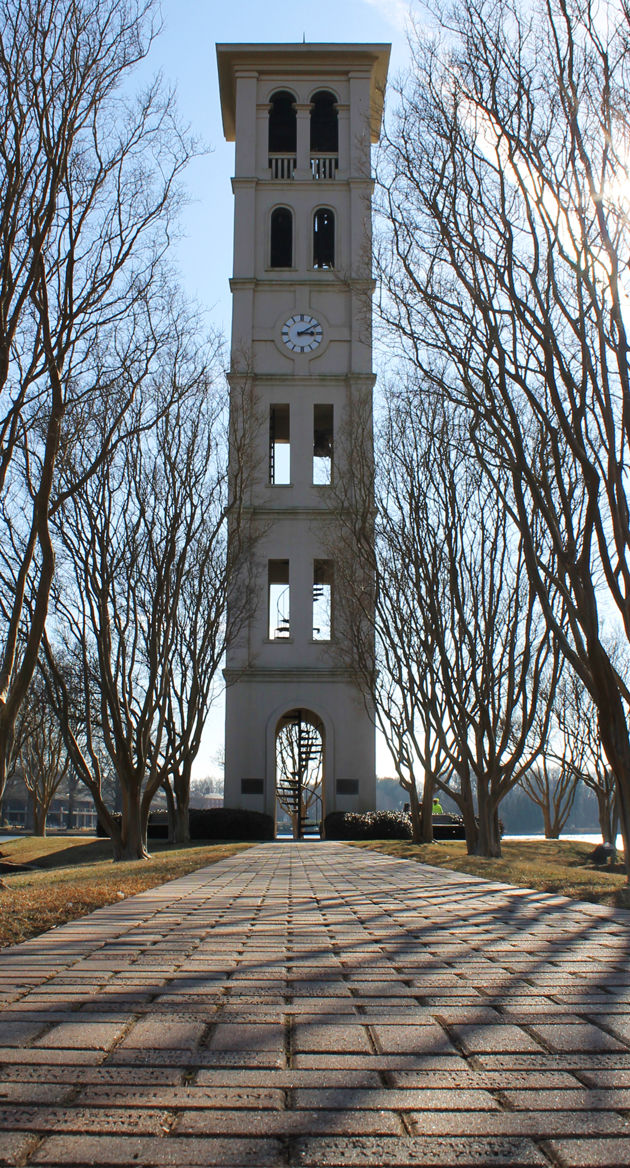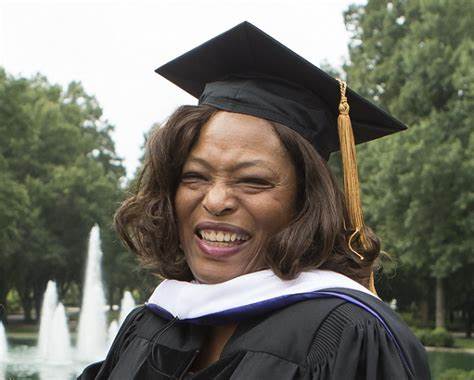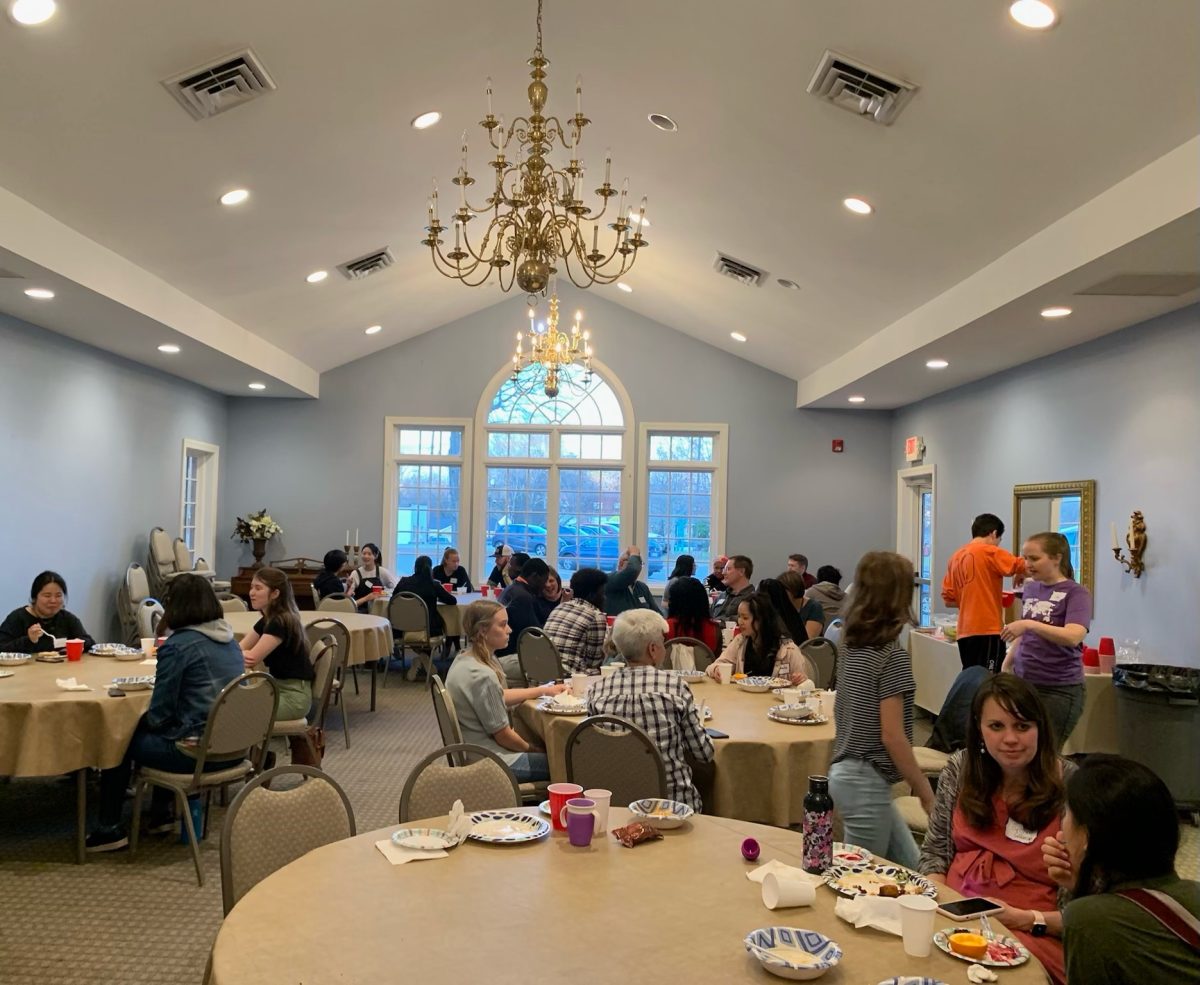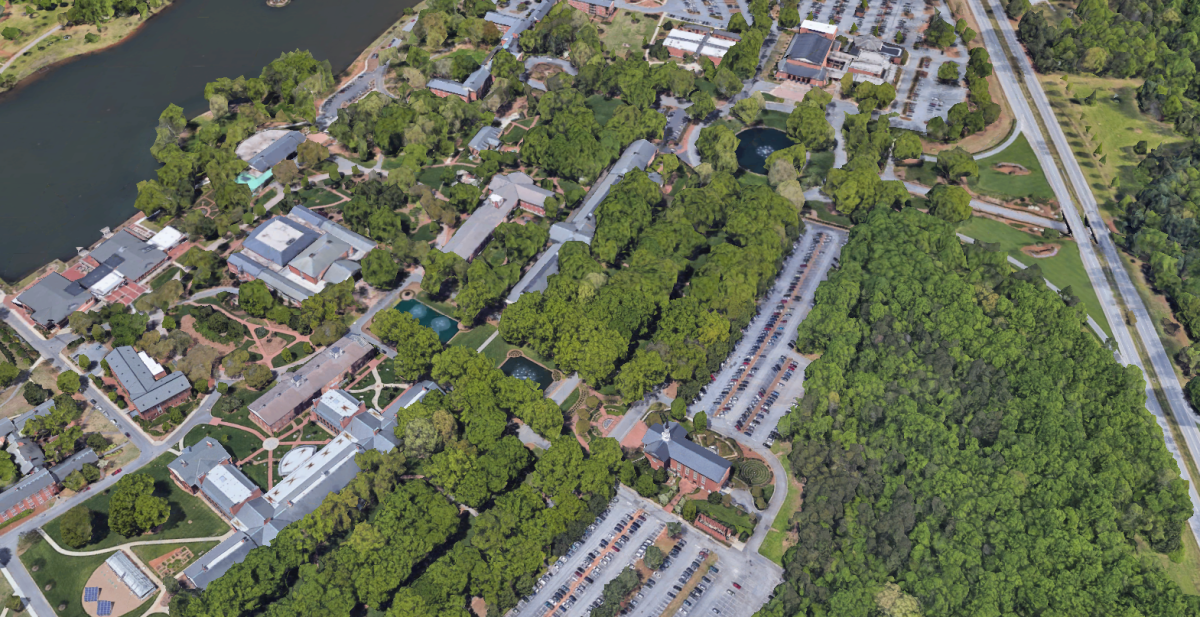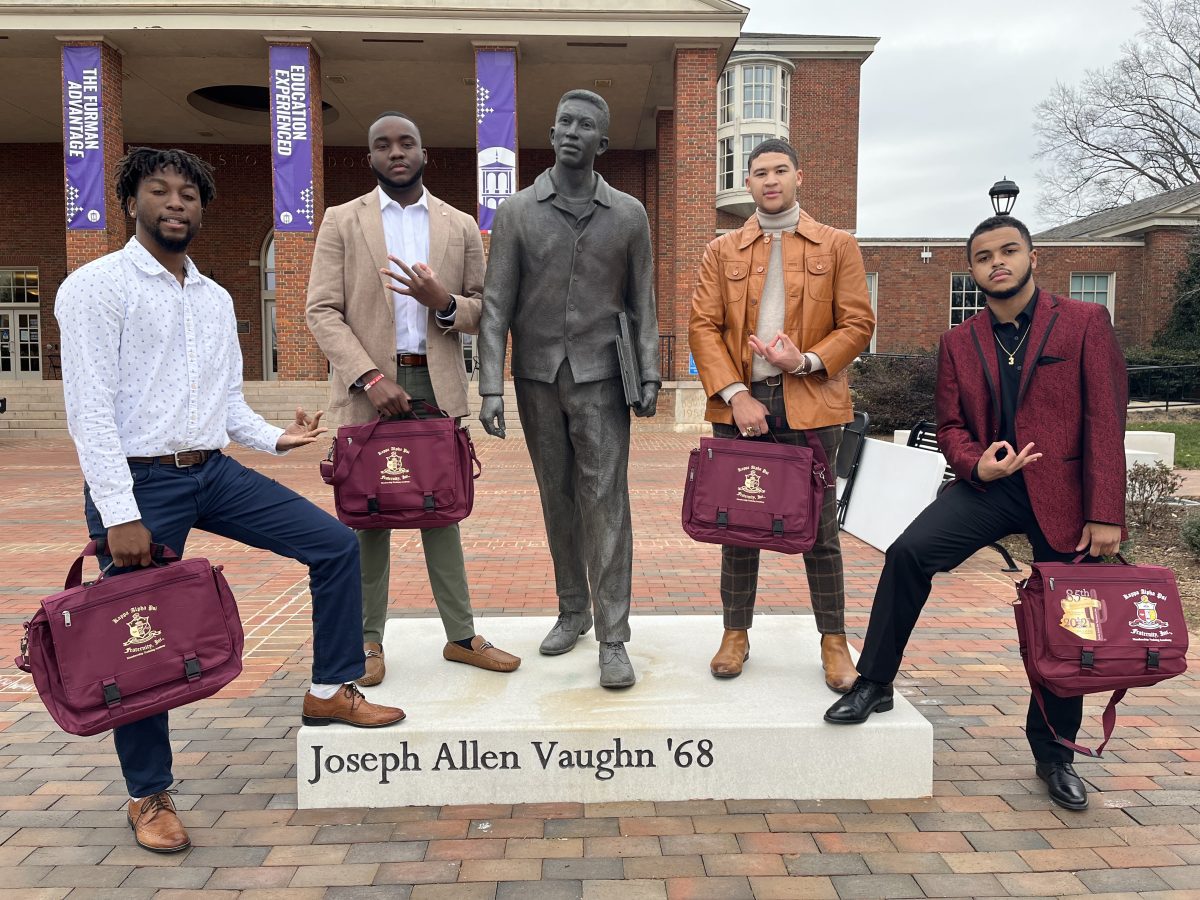Furman’s Task Force on Slavery and Justice was formed in June 2017 to evaluate the University’s history and set forth recommendations to recognize and reckon with the role of slavery in this history. That makes the class of 2021 the first class of students to attend all four years during a time when Furman has formally and actively been addressing its history with slavery and racism.
That might all be different if it were not for one student’s independent research, and subsequent opinion piece in The Paladin.
FALL 2016
In the Fall of 2016, Marian Baker ‘17 first learned about Furman’s ties to slavery through a CLP led by Dr. Brandon Inabinet. Prompted to further research the University’s history, Baker found herself asking what steps Furman was taking to deal with its past. “This is something that the University hasn’t looked at in its tenure of existence,” Baker explained. The only mentions of slavery she could locate were in letters between Richard and James C. Furman in the Duke Library’s Special Collections and University Archives. Shocked and disgusted, Baker took action. In an opinion piece for The Paladin, Baker wrote that “in hiding parts of these men…we are denying part of our history.”
Baker also excoriated both Richard and James C. Furman’s religious and intellectual justification of slavery. “[They] were not just ordinary slave owners,” Baker explained, “they were men with public platforms, which they used to advance the institution of slavery itself.” Baker argued that recognizing the ugly aspects of Furman’s history was the only path towards reconciliation and healing. She wrote, “the scars are still there, waiting; an institution can choose to face them head on or sweep them back under the rug from whence they came.”
Baker also suggested that honoring the contributions of these men without recognizing their complicated past perpetuates the wounds of racism, despite the University’s desegregation in 1965. Baker staunchly advanced the notion that “Furman is whitewashing its history” by including James C. Furman’s name on the Humanities building without any mention of his advocacy for slavery.
Baker published her article in Oct. 2016, despite fear of pushback from her peers and Administration. Upon publishing, Baker and The Paladin received generally positive support from alumni, faculty and students. “It was validating that former and current students wanted to have this conversation,” Baker explained in our March interview.
WINTER 2016
In Dec. 2016, Baker received an email from Dr. George Shields, who was Provost at the time. He wanted to discuss the article. “He was extremely supportive and hinted about the creation of what would become the Task Force,” Baker shared.
SUMMER 一 FALL 2017
Shields announced the formation of the Task Force on Slavery and Justice in June 2017. The team to examine Furman’s past included historians, social scientists, staff and student leaders. Baker, of course, was involved and invested from the beginning. Throughout the 2017-18 academic year, the Task Force did research; made recommendations for reckoning with the lasting impact of slavery; and recommended programming to facilitate conversations around questions of identity, history, and understanding ourselves and each other.
SUMMER 2018
In July 2018, the Task Force released the Seeking Abraham Report, named after Abraham Sims, a former slave of James C. Furman. The Report outlined many recommendations, from changes to campus structures, financial support for African American students, educational changes to facilitate conversations around the legacy of slavery and discrimination, and much more.
SPRING 一 FALL 2019
Many of these suggestions were approved by the Board of Trustees in May 2019. Since then, Furman has gradually moved to act on these recommendations, removing ‘James C.’ from Furman Hall and adding a plaque to contextualize its name, renaming Lakeside Housing to the Clark Murphy Housing Complex to honor a long-time African-American groundskeeper at the Greenville Woman’s College, and constructing the Joseph Vaughn Plaza (set to unveil April 16) to honor Furman’s first African-American student.
TODAY
Four years after writing her piece, Baker said she was “proud” of the University. Furman’s “people, its students, its faculty, and administrators have taken up this mantle and really embraced it,” said Baker, who is still surprised by the lasting effects of her article. Lamenting that former students of color had been calling for this change long before her, Baker said, “All I ever wanted was to start this conversation so that peoples’ voices could be heard.” Today, she is happy to see that “Furman went above and beyond to do something about this.”
As the class of 2021 prepares to graduate and Furman prepares to unveil the Joseph Vaughn plaza, Baker’s impact and legacy is unquestionable. Her voice is as loud and its message is two-fold. It teaches us that Furman’s past informs our present and promises that present students, like her, can take small, deliberative, sincere actions that radically inform our future.



































